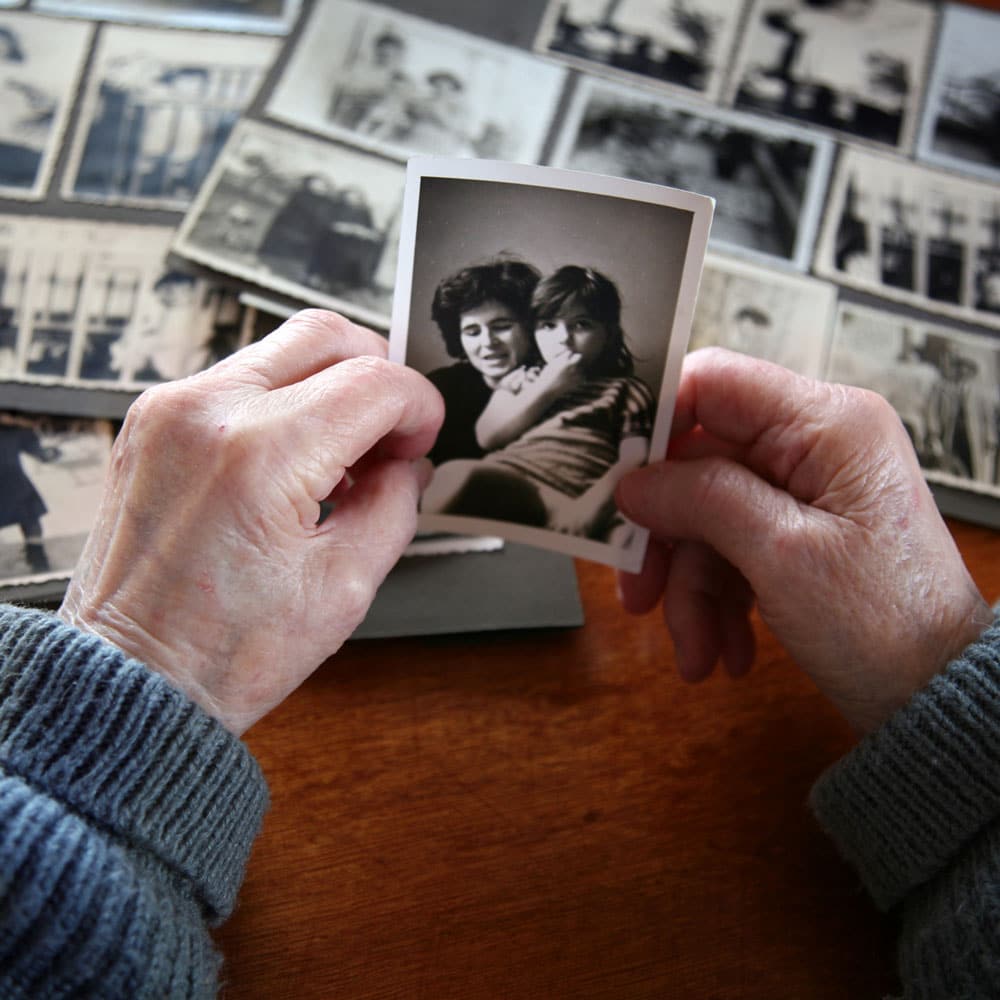By Anna McKenzie
In an era where DNA testing has become as simple as mailing in a cheek swab and saliva, many people are discovering more about their personal history and ancestral background. What they learn can be interesting and enlightening; but for some, it can be traumatic. Family secrets are spilling out of DNA kits, and it’s important to know how to handle the real story of where you’ve come from.
Family secrets are spilling out of DNA kits, and it’s important to know how to handle the real story of where you’ve come from.
Family Secrets: Genealogy Tells All
Oftentimes we think we know our origins. Many of us have family anecdotes to back up our thinking, and we feel like we have a fair grasp of our generational story. But there always tend to be holes in our history.
DNA testing is sometimes able to fill in these gaps, giving us names of relatives and pinpointing our ethnic background. It can be intriguing to discover where we’re from, who we’re connected to, and the history that’s part of our background. Sometimes this information causes us to reflect and reformulate our thoughts on the past and who we are, and it may not always be comfortable.
For example, based on DNA testing and ancestry research:
- Michelle Obama discovered her biracial slave ancestry.
- Joe Manganiello found out on a recent episode of Finding Your Roots that his grandfather was Black and not a Manganiello.
- Julia Roberts learned her real name is not actually Roberts.
This information can be surprising. But for some, revelations from DNA testing are shocking, even traumatic. In a couple examples from Philadelphia’s NBC10, two sons learned that their dad was not really their biological father, something totally unknown to the dad as well. And one woman learned that her brothers were only half brothers; she had been born out of wedlock to another man when her mother was a teenager.

Getting clear on your biological and ethnic history can sometimes be very disorienting. Family Tree cites a case where a young woman learned about the history of slavery in her family while watching the film Roots with her grandmother. InStyle reports that actor Jack Nicholson, after he had made it to Hollywood, was told by magazine researchers that the woman he believed was his sister was actually his mother. She had birthed him as a teenager.
As secrets come tumbling out of our family closets, it’s worth knowing what ancestry trauma is, and how you can best deal with its effects.
What Is Ancestry Trauma?
The term, “ancestry trauma” can be used in this circumstance to refer to trauma you may experience from learning about your family history. Understanding what others have gone through, or dealing with the impact of revelations yourself, can alter your view of who you are.
However, ancestry trauma can be worked through. Once we have the truth, it’s a matter of reflection, processing our emotions, and restoring our personal narrative. Even if our family narrative changes, our personal narrative can be shaped based on today. While context is informative, who we are is not defined by the past.
For the sake of clarity, it’s also important to understand what “generational trauma” is. Generational trauma can be defined as trauma that is passed down biologically and environmentally to the next generation. For example, a study in the Journal of Immigrant and Minority Health that focused on the children of refugee families and Holocaust survivors concluded that the offspring of traumatized parents are more vulnerable to developing mental health issues, even PTSD symptoms. On a brighter note, resilience may also be passed down.
Understanding Ancestry DNA, Family Secrets, and Trauma
When we decide to learn about our ancestry DNA, family secrets may come to light. But there are healthy ways to deal with the trauma in the family tree. Here’s what to do if you come across revelations that are hard to swallow:
- Talk to a therapist and process your feelings.
It’s OK to feel grief, anger, embarrassment, frustration, sadness, and even shame in light of new information about your family history. A therapist can help you process and release your emotions.
- Remember it was in the past.
While family history may define your context, it’s important to know that it doesn’t define your identity or your relationships. What happened in the past is over. You can decide what’s important to you, shore up your beliefs, and stand on your values.
- Celebrate the good.
If something difficult happened to your ancestors, how did they respond? What can be celebrated about the resilience of certain family members? The best part about what your family has been through is that you are here today, and you can decide what to avoid, and what good to pass on.
While family history may define your context, it’s important to know that it doesn’t define your identity or your relationships.
Also, if you haven’t yet taken an ancestry DNA test, and you’re afraid of what the results might show, you can decide not to be tested. That’s another choice that’s within your control.
Recovering from Trauma at The Meadows
Trauma affects all of us in certain ways, and its repercussions can be severe for some. When survival energy is caught in our bodies, we may carry a burden of fear that causes mental stress and physical pain. The good news is, we can recover from trauma and relinquish that burden.
If you’re dealing with the life-disrupting effects of trauma, contact our team at The Meadows today. Our programs are designed for total healing from trauma, substance use, mental health issues, and other behavioral conditions. We would love to tell you how we can help and set you on the path to healing.

